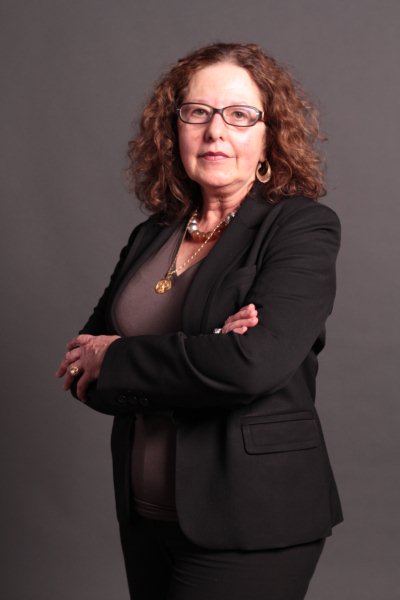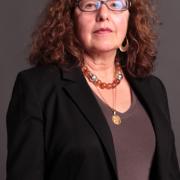
Profile
Ruth Enid Zambrana is Professor in the Department of Women’s Studies, Director of the Consortium on Race, Gender and Ethnicity and adjunct Professor of Family Medicine at the University of Maryland, Baltimore, School of Medicine. Zambrana’s work focuses on the intersection of gender, race/ethnicity, socioeconomic status, nativity and structural inequality with a focus on health and higher education. She is Principal Investigator of a study funded by the Robert Wood Johnson Foundation entitled "Understanding the Relationship between Work Stress at U.S. Research Institutions’ Failure to Retain Underrepresented Minority (URM) Faculty."
Her recent work includes, "Latinos in American Society: Families and Communities in Transition" (Cornell University Press, 2011) and an edited anthology with co-editor. Bonnie T. Dill entitled "Emerging Intersections: Race, Class and Gender in Theory, Policy and Practice" (Rutgers Press, 2009). Her current research focuses on: occupational stressors, academic diversity and health and mental well-being among historically underrepresented faculty in research intensive universities; and health behaviors, clinical biomarkers and psychosocial indicators associated with cardiovascular risk conditions by race, ethnicity and gender.
In 2007, she was honored by Hispanic Business Magazine as Woman of the Year for her commitment and dedication to improving the Hispanic community through her service and scholarship. In 2010-2012, she was selected to serve as an NSF ADVANCE professor at the University of Maryland to mentor non-STEM women of color faculty. Most recently, she was awarded the 2011 Julian Samora Distinguished Career Award by the American Sociological Association, Sociology of Latinos/as Section for her contributions to the sociology of Latinos and immigrant studies, teaching and mentoring.
Video & Transcript
I am Ruth Enid Zambrana, and I am a professor in the department of Women’s Studies.
I never heard throughout my entire twenty-plus years of education much about Latinos or Mexican-Americans or Puerto Ricans or even African Americans except for slavery. My history was not there, my experiences were not there, and I thought, how can I fill that gap?
So my goal in this book was really to look at what do we know? How are Latinos studied? What do we know about public assistance and public systems and how they serve these groups?
So I spent ten years looking at the literature, and just a couple of observations I can make.
One is that the same thinking is repeated over and over in what we call mainstream journals. Many of these scholars who talk about “these people” have never lived in a poor neighborhood and their lens is too narrow to really understand.
So who is sort of addressing and contesting these individual perspectives for Latinos, be it for the faculty that we just can’t make it. And these are really important questions because in order to “diversify our lives and our thinking,” we have to have people who think differently in the academy, who have had different experiences.
So my work has really been about contesting and challenging conventional ways of understanding different class groups, different racial groups, different ethnic groups. So I’m trying to contest all that thinking if we’re really going to get at moving an inch in terms of inequality forward in this country.
People always ask me, “when are you going to retire, why do you continue this?” I feel such an urgency now.
When I get students in the fourth year, very few have heard about inequality, African American history, Latino history.
Knowledge production occurs at the university and it not only gets transferred through the articles but it gets hopefully disseminates through the students who in turn will remember the importance or the history of a particular group, and I’m hoping that American society doesn’t want to eliminate the history…that they will continue to value and know that the humanities can help us to make a better future.
 ,
,  ,
,  ,
, 





